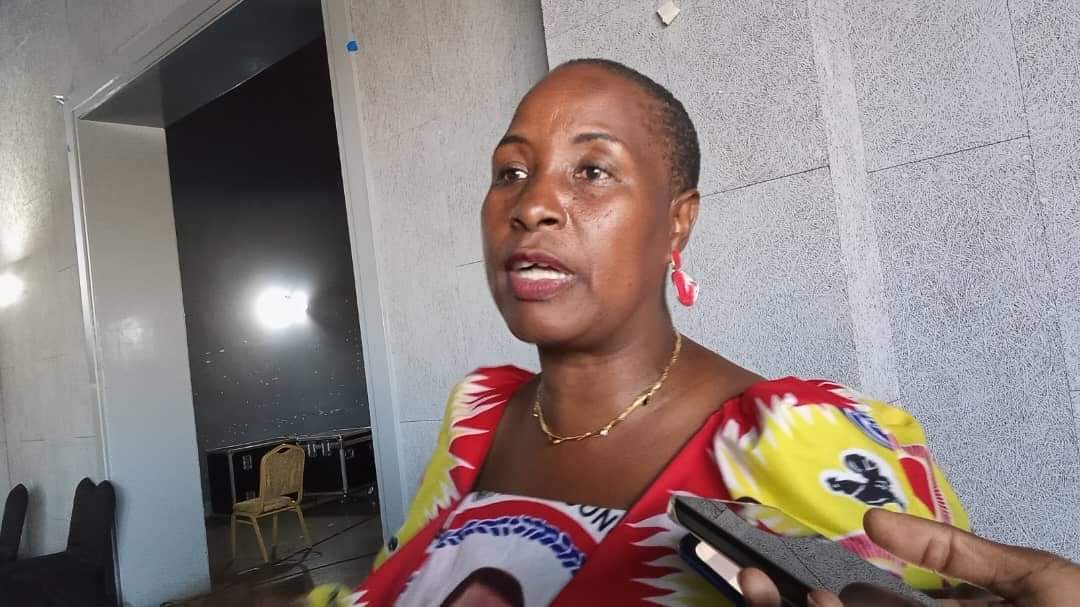By Burnett Munthali
Lilongwe, Malawi – Parliament is once again a battlefield of opinion as Sameer Suleiman, a bold and outspoken Member of Parliament, faces an inquiry led by Speaker Catherine Gotani Hara. Suleiman’s refusal to back down from his oversight role has drawn both applause and criticism, leaving Malawians sharply divided.
For some, Suleiman is a symbol of fearless accountability, challenging entrenched powers and demanding answers. For others, his approach appears brash, raising questions about respect for parliamentary processes. This tug-of-war has turned his inquiry into a national talking point.
Suleiman’s critics argue that his methods veer into unnecessary confrontation. They suggest that his fiery rhetoric undermines the credibility of his oversight role. “This guy is salvage kwambiri,” remarked one observer, implying that Suleiman’s defiance risks overshadowing his intentions.
However, his supporters see him as a necessary disruptor in a system they believe is often opaque. They argue that his boldness is crucial in exposing inefficiencies and holding government officials accountable.
One political analyst noted, “Anthu ayalukapo ndithu from office of the president and now to office of the speaker.” This perspective highlights the perceived need for Suleiman’s direct approach in a political landscape marked by allegations of corruption and inefficiency.
Speaker Gotani Hara’s role in the inquiry has not gone unnoticed. Her critics accuse her of partisanship, suggesting she may be using her position to shield certain individuals from scrutiny.
“MCP ikudana kuti anthu aziwe zilungamo,” commented one social commentator, accusing Hara of playing into party politics. Others have expressed frustration with her leadership style, calling it politically charged and dismissive of opposing views.
Hara’s detractors believe her actions undermine the integrity of parliamentary proceedings. “Mayi Gotani walowesapo ndale,” another voice argued, pointing to what they see as an erosion of neutrality in her decisions.
The ongoing inquiry raises deeper questions about the motivations behind government actions. Observers wonder if there is an effort to suppress critical voices like Suleiman’s in order to maintain control.
“Kodi a boma amafuna abise kaye chan?” asked one skeptic, hinting at a broader attempt to stifle accountability. Suleiman’s defiance, they argue, represents a resistance to these efforts.
Yet, others caution against hero-worship, urging Suleiman to adopt a more measured tone. They argue that accountability can be achieved without resorting to combative tactics that risk alienating potential allies.
The Suleiman-Hara standoff reflects a broader reality in Malawi’s political scene: a nation grappling with the balance between accountability and authority. Parliamentary debates have increasingly mirrored the deep-seated divisions within the country’s political factions.
As the inquiry unfolds, the stakes remain high. Will Suleiman’s defiance serve as a catalyst for greater transparency, or will it deepen the partisan divide? For now, the nation watches, its citizens split in their views but united in their desire for truth and accountability.



